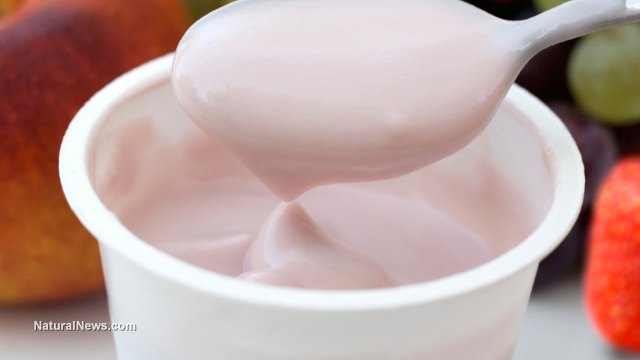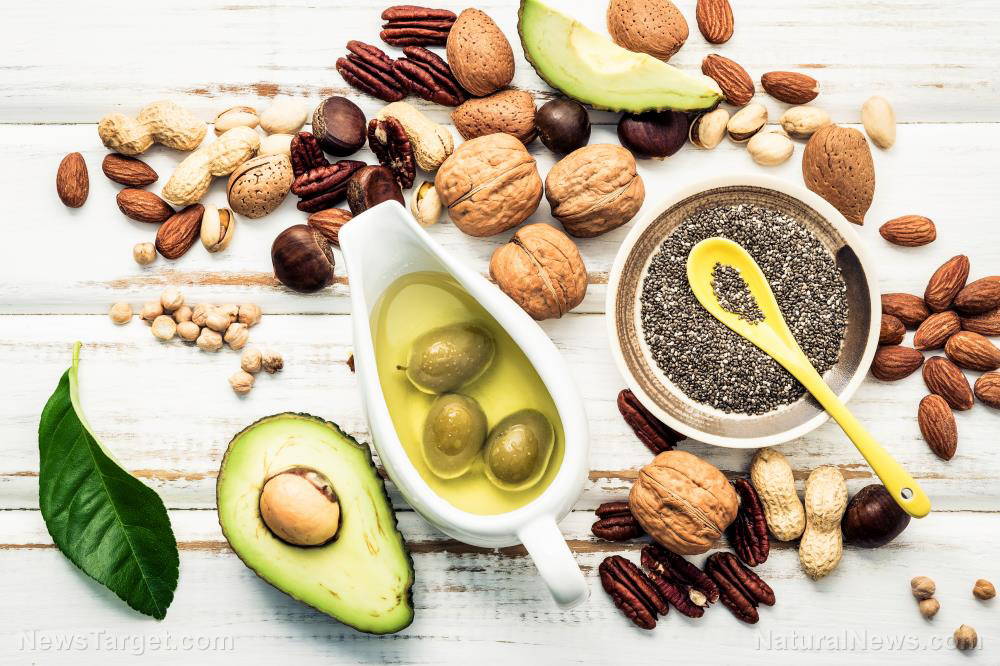Blueberries prevent chronic disease by reducing inflammation in your body
11/14/2018 / By Isabelle Z.

So many foods claim to be superfoods these days that the distinction doesn’t carry as much weight as it once did. While these foods are hardly bad for you, some of the recent entries aren’t quite as remarkable as their predecessors. However, one of the original superfoods, the blueberry, continues to prove it deserves this label, and this was recently underscored by a study that showed how useful it can be in preventing chronic illness.
In a comprehensive review that was recently published in The Natural Products Journal, researchers looked into the effects of blueberry consumption in humans, and the list of benefits they found after looking at studies published in the last decade is impressive.
They revealed that eating blueberries increases cognitive and vascular function as well as insulin sensitivity. They also found that it plays a useful role in preventing cancer. However, it is blueberry consumption’s ability to lower the degenerative damage that is caused by free radicals and reduce inflammation that really stands out.
The finding won’t come as a surprise to researchers from Canada’s Universite Laval, who recently explored the anti-inflammatory properties of these blueberries. They zeroed in on the highbush variety that is common in North America, studying the proanthocyanidins the fruits contain.
They found that this compound can protect cells from negative effects of inflammation while also decreasing the growth of bacteria. They are hoping this information will be used to help create therapeutic remedies using the compound one day. Their findings were published in BMC Complementary and Alternative Medicine.
The power of the elements: Discover Colloidal Silver Mouthwash with quality, natural ingredients like Sangre de Drago sap, black walnut hulls, menthol crystals and more. Zero artificial sweeteners, colors or alcohol. Learn more at the Health Ranger Store and help support this news site.
A study published in the Journal of Nutrition supports the notion. Researchers found that rats that took blueberry powder supplements did not have the heightened inflammation markers of a high-fat diet seen in those who didn’t take blueberry powder. They also discovered that those who took the supplement had an increase in good gut bacteria levels.
Blueberries can lower your risk of Alzheimer’s
Because blueberries reduce inflammation, they can help to reduce your risk of diseases like Alzheimer’s. In fact, a different study that looked at 47 adults over the age of 67 who had mild cognitive impairment, which places them at risk of Alzheimer’s, demonstrated this effect.
In the study, some of the participants were given an amount of freeze-dried blueberry powder that is equal to a cup of berries, while others were given a placebo. Those who took the blueberry powder noted improvements in brain function and cognitive performance, remembering words and concepts better than those who took the placebo. MRI scans showed higher brain activity in the blueberry powder group as well. The scientists in that study attributed the beneficial effects to the anthocyanins in blueberries.
Getting the benefits of blueberries
It’s easy to work blueberries into your diet as they are equally at home in every meal of the day. At breakfast, you can stir some into your oatmeal, yogurt or cereal, or you can combine them with other superfoods to create a smoothie. At lunch, you can add them to a green salad for a touch of sweetness. Grab a handful after dinner for a post-meal treat that won’t hurt your body the way sugary cakes and other desserts will.
Always be sure your blueberries are organic. Because the whole fruit is consumed unpeeled, eating conventional varieties could mean consuming pesticides, which can defeat the purpose of eating superfoods in the first place.
See Blueberries.news for more coverage of the healing power of blueberries.
Sources for this article include:
Tagged Under: Alzheimer's, anthocyanins, Blueberries, cancer, Free radicals, fruits, grocery cures, inflammation, mental health, natural remedies, prevention, raw food



















